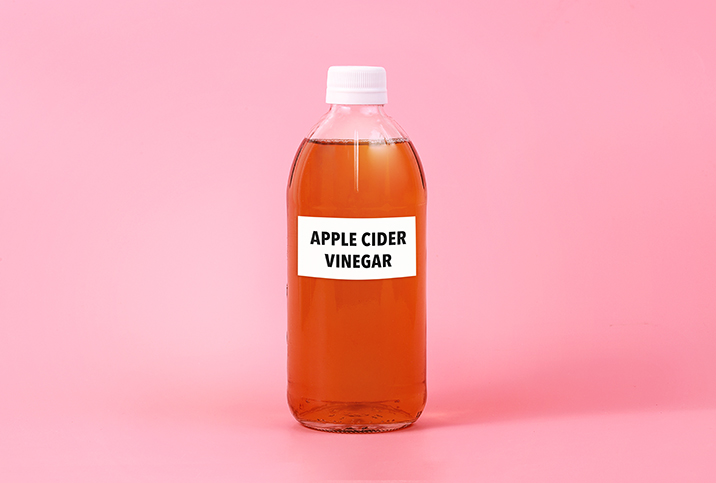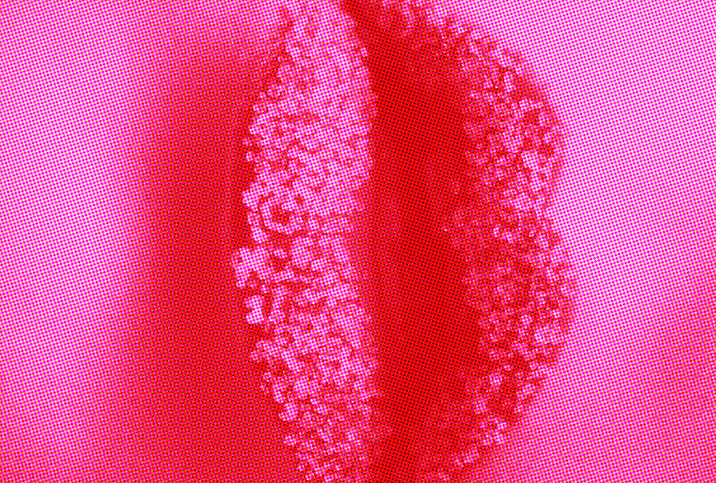Oral Sex and Yeast Infections: Is There a Link?

If you develop a yeast infection after oral sex, it could be an unlucky coincidence. However, it could also be the result of fungus passing from your partner's saliva to your vagina, resulting in a pH imbalance, which leads to a yeast infection. It sounds gross and scary, but it's fairly common and easily treated.
Are yeast infections considered STIs?
Vaginal yeast infections, or vaginal candidiasis, are very common, very easily treated fungal infections. Most cases are cleared up with over-the-counter medications within seven days, although your doctor may choose to prescribe an alternate method instead.
The cause of vaginal yeast infections is a simple disruption in the natural balance of vaginal yeast and bacteria. Any kind of drug that impacts hormones, such as birth control pills and antibiotics, can upset the balance of bacteria and yeast in the vagina, thereby creating yeast infections. Wearing tight, wet or sweaty clothes can also be a cause for some people. Sometimes yeast infections may even be caused by an allergic reaction to a new scented soap, deodorant or detergent. Yeast infections result from any number of nonsexual situations, and they are not considered sexually transmitted infections (STIs).
Although yeast infections are not exclusive to sexual contact, studies have linked the development of yeast infections with oral sex. Our mouths, like vaginas, contain Candida fungus that can potentially cause a vaginal yeast infection. The overgrowth of yeast in the mouth is known as thrush and is common among young children, toddlers and infants, though also possible in adults. Thrush, like vaginal yeast infections, is an easily treated yeast imbalance.
However, a person doesn't need to have thrush to give a yeast infection to a sexual partner through oral sex. When an individual gives oral sex, they are potentially transferring a mouth fungus to the partner's genitals. This is why oral sex can sometimes result in a vaginal or penile yeast infection—it's simply a little too much of one yeast or bacteria offsetting the natural chemical balance of the genitals. It's nothing to fear or feel self-conscious about.
How to prevent a yeast infection, oral or otherwise
Thinking ahead is the best way to avoid a yeast infection. Making sure you're staying clean and dry, wearing breathable underwear and avoiding scented detergents, deodorants and soaps are easy protective measures. As far as protecting yourself during oral sex, one possible course of action is to alter your diet.
Probiotics are healthy bacteria that help your body function smoothly, from preventing and curing yeast infections to helping with digestion. Regularly eating Greek yogurt, which contains probiotics, is a great way of keeping the proper balance of bacteria in your stomach and vagina. Probiotics also come in pill form and are present in other consumables such as kombucha or kimchi.
By consuming probiotics daily, you keep your body's bacteria and yeast in balance. If Candida enters the vagina, your body has the immunity to rebalance itself without the aid of drugs and without the uncomfortable symptoms that come along with a yeast infection.
If for whatever reason you're looking for a new doctor, Giddy Telehealth takes the difficulty out of the search. The easy-to-use online portal provides access to hundreds of healthcare professionals who have expertise across the full scope of medical care. Many of them specialize in women's health and offer same-day video visits.


















